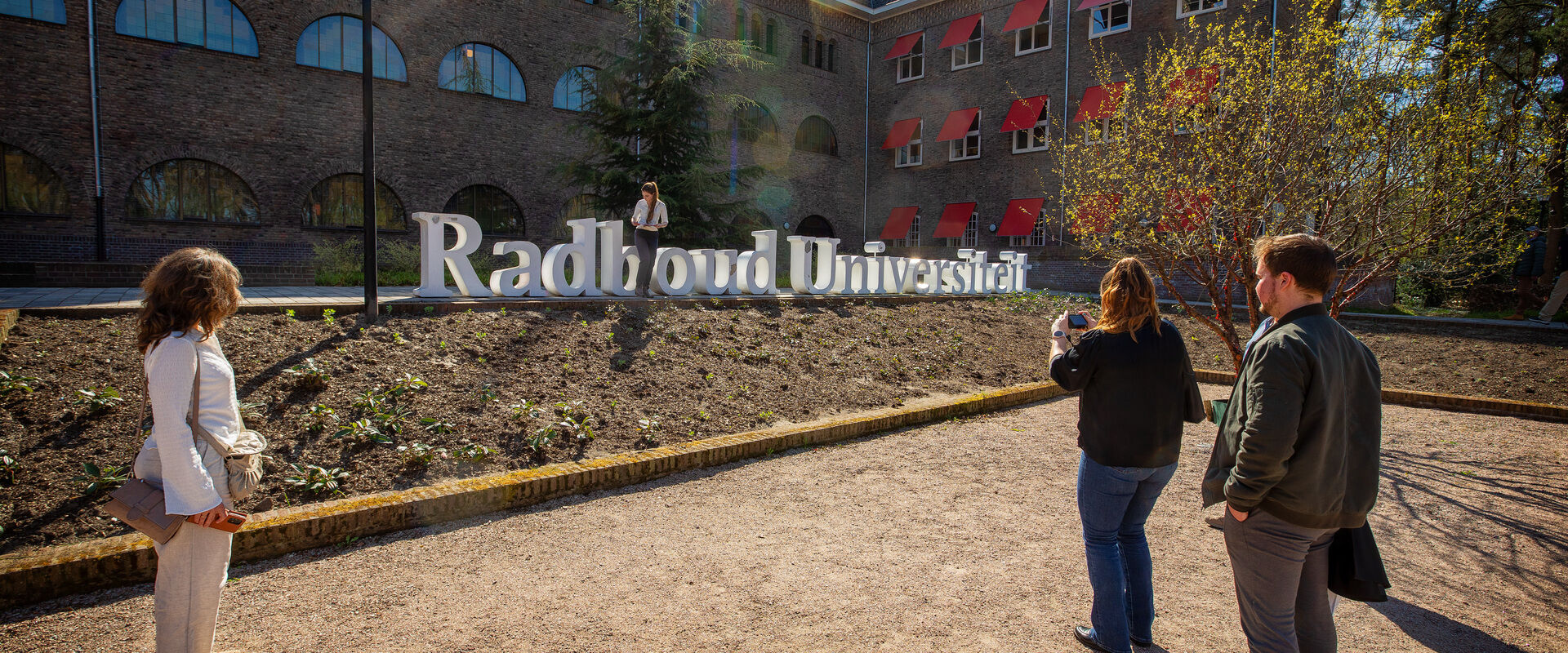Study at Radboud University
Nijmegen, Netherlands


| Programme details | |
|---|---|
| Degree: | Bachelor of Science (BSc) |
| Disciplines: |
Business Administration
Economics |
| Duration: | 3 years |
| ECTS points: | 180 |
| Study modes: | full-time |
| Delivery modes: | on-campus |
| University website: | Economics and Business Economics |
| Annual tuition (EEA) |
|
| Annual tuition (non-EEA) |
(change) |
Request information from Radboud University
Are you interested in financial management, exchange rates and the world economy? If so, then the Bachelor in Economics and Business Economics might be the right programme for you.
You will learn to analyse the financial choices and decisions that have to be made constantly by businesses, from family businesses to multinationals. You will examine the risks and national and international rules that organisations have to work within as well as how to best deal with uncertainties like fluctuating interest rates and competition.
This programme suits people who like to analyse numbers and have a broad interest in the financial system and how this influences organisations.
Economics and Business Economics in Nijmegen is characterized by paying attention to other study fields besides economics as well. We call this Economics+. It means that in Nijmegen you do not only delve into numbers and money, but also into social issues such as income inequality, causes of a crisis, the euro and other currencies, international developments and global capital markets, because in economics, culture, psychology, sociology, and ethics also play a role.
Therefore, bits and pieces of psychology, sociology, business administration and law are included in the studies of economics. After all, the way in which resources are used or the way in which markets operate is the effect of human decision-making.
During your studies you will learn to think critically and rigorously. You will develop an analytical perspective and be capable of analysing, understanding, and predicting complex economic situations and choices. Most students will continue their studies for a Master's degree.
Graduates quickly find employment. They end up for example at consulting firms, in banking, at insurance companies, and governmental organisations.
Possible occupations:



Visit the website of Radboud University to find out how to apply and start your study-abroad adventure in the Netherlands! 🙌